ROOM: The Space Journal is one of the leading magazines on space exploration, technology and industry. At ROOM, we share a common objective – advancement of peaceful space exploration for the benefit of humankind, all while bringing you incisive articles on an array of popular topics. Our authors include scientists and industry leaders from all over the world, which lets us bring you the newest and detailed information about sputnik space mission 1957.
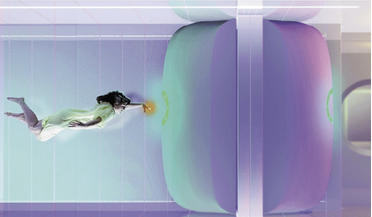 July 2021
Designing for life in outer space - The importance of design for long-term space missions
July 2021
Designing for life in outer space - The importance of design for long-term space missions
... interfaces and tools for astronauts, we can achieve better goals that directly affect the success of a space mission When I started in space design over 20 years ago, I was practically alone and I wondered if an architect, a designer... interfaces and tools for astronauts, we can achieve better goals that directly affect the success of a space mission. Galina Balashova (left) presenting her designs in Moscow Russia in 2017. We have to consider also...
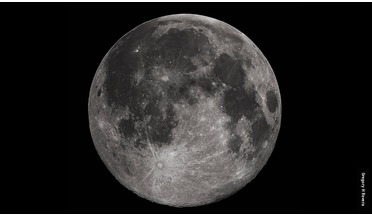 November 2021
The philosophy of space missions today
November 2021
The philosophy of space missions today
... Currently the main, most realistic and upcoming type of space missions are science missions. In a sense, scientific missions can be seen as a type of space activity to which we are inclined to assign a higher...humans to the Moon and especially to Mars, should prompt space mission philosophers to take a greater interest in the bioethics of space missions. Human presence in space, especially on a mission to Mars, will not only involve a number of ...
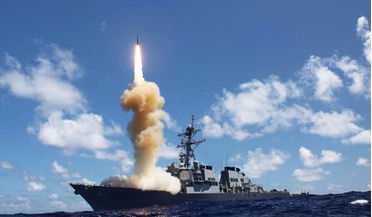 February 2017
Protecting our space interests
February 2017
Protecting our space interests
... of regional conflicts involving some major space powers, increase the vulnerability of space-based systems. Evolution of the population of space objects catalogued by the US Space Surveillance Network from 1957 to 2016. A third concern relates...population in LEO. Number of launches per year is assumed to be about constant. ‘PMD’ refers to Post Mission Disposal - 90 per cent PMD means that 90 per cent of active satellites are disposed of at the ...
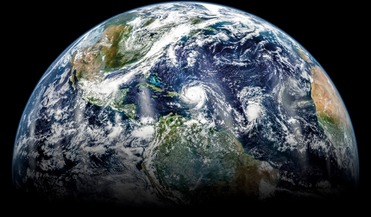 July 2020
Pandemic in space – are we ready?
July 2020
Pandemic in space – are we ready?
... the detection and reporting of events detrimental to public health after a space mission has returned to Earth. The governance of global health and space activities need not exist in parallel universes Article 9(2) of the IHR ...clear-cut obligations and guidelines for states and space operators is essential for the long-term sustainability of space activities Immediately after the launch of Sputnik 1, over six decades ago, scientists and diplomats...
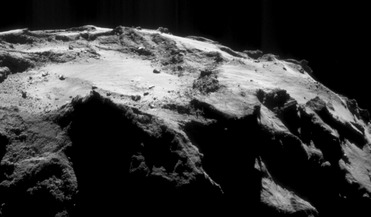 March 2017
Rosetta – outstanding climax to pioneering mission
March 2017
Rosetta – outstanding climax to pioneering mission
... our spacecraft. Emotional ending Rosetta is the last of the pioneering space missions and its end marks the end of the pioneering phase of space exploration Rosetta was programmed to transmit data in real time, and ... something more than that. Rosetta was the last of the pioneering space missions and its conclusion marked the end of the pioneering phase of space exploration. The new generations of spacecraft, of scientific instruments, of ...
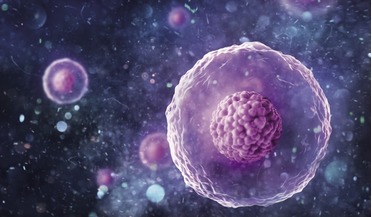 August 2021
Space research in embryology
August 2021
Space research in embryology
The future of long-term space missions is closely dependent on research into how the human body responds to microgravity conditions. This includes the science of ... of not only technical but also medical issues, which means that including medical specialists on long-term space missions is a key prerequisite. Ultimately, if the human race is to resettle itself elsewhere in the universe, research into maintaining fertility...
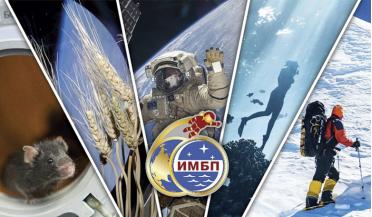 September 2023
The Institute of Biomedical Problems - Sixty years of contributing to the development of space biomedicine
September 2023
The Institute of Biomedical Problems - Sixty years of contributing to the development of space biomedicine
...through this research has allowed the Institute’s experts to successfully test technologies that reduce space mission medical and technical risks; to develop methods for increasing the body’s reserve capabilities and...study the medical, biological and psychological problems associated with human isolation and space limitation during simulated long-term space missions beyond Earth’s orbit. Currently, the Institute’s scientists are primarily focused ...
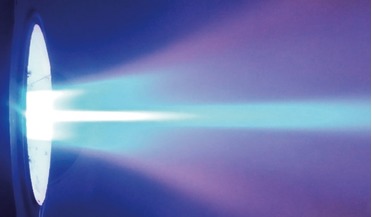 October 2020
Superconductors - key to unlocking high power space missions
October 2020
Superconductors - key to unlocking high power space missions
...with HTS offers a highly synergistic proposition which can accelerate the introduction of high-power space missions and enable far-reaching new capabilities for high power spacecraft. Laboratory version of ULSPVA ...it accordingly, and exploit its positive characteristics in order to unlock the next generation of high-power space missions. About the authors Manuel La Rosa Betancourt, entrepreneur and material science engineer, with a Master’s degree...
 November 2020
Space medicine and terrestrial health care
November 2020
Space medicine and terrestrial health care
... itself in a reduction of muscle tone and contractile force reduction, and in long-duration space missions causes muscle atrophy and loss of efficiency. Long-lasting muscle inactivity is also liable to cause...data of such studies forms the basis for improving medical, psychological and biological support of space missions and makes an indispensable contribution to understanding psychological changes and preventing the negative effects of living...